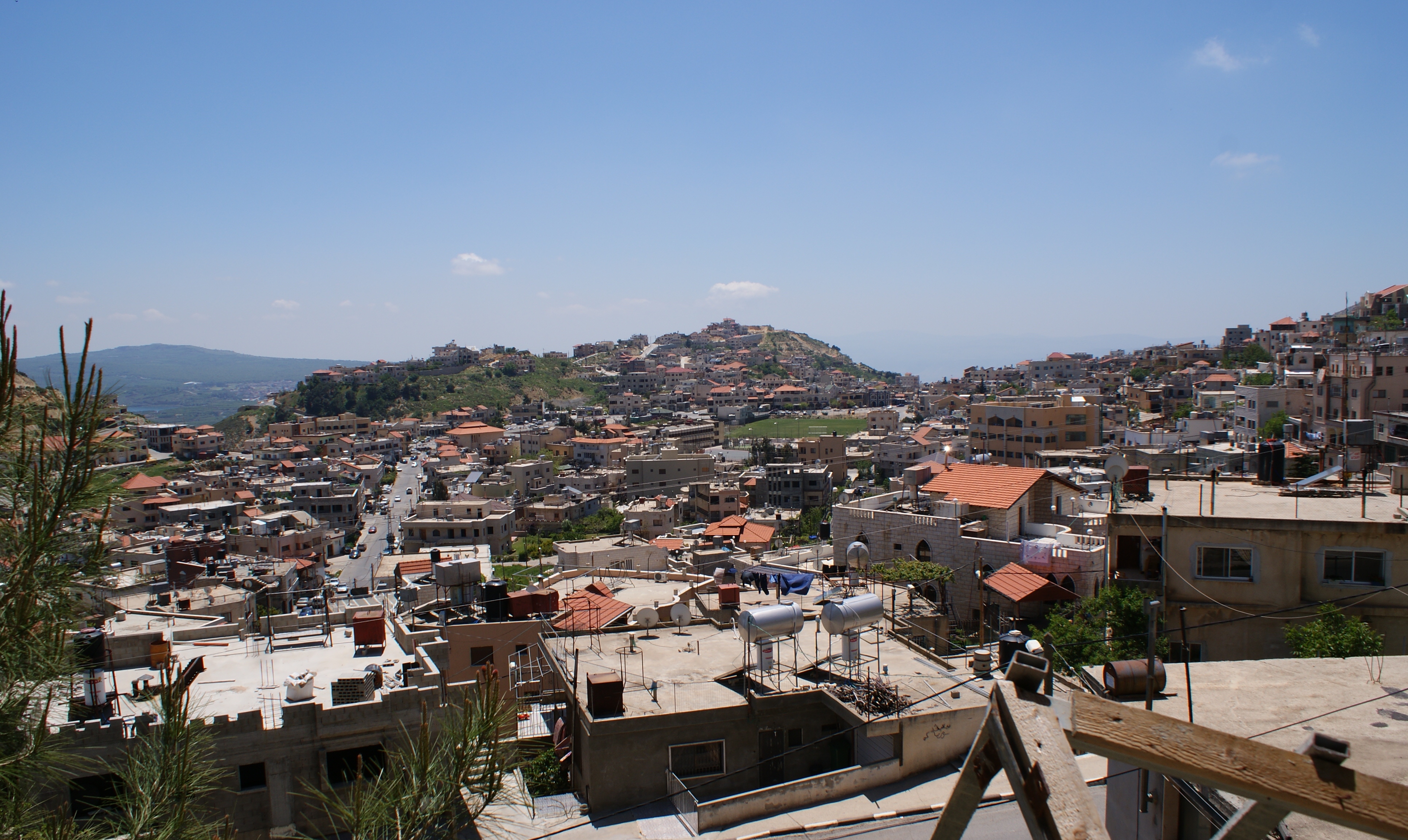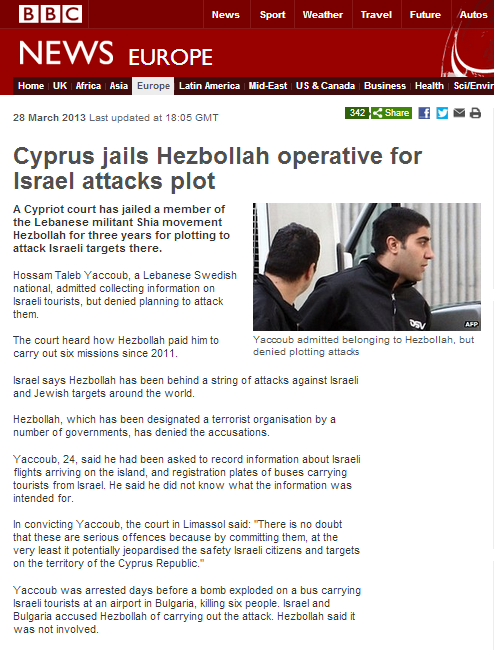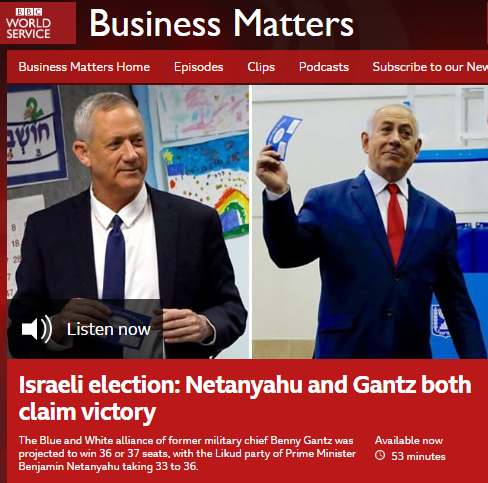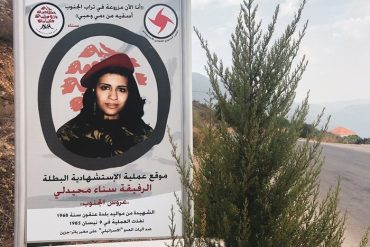Kevin Connolly’s recent excursion to the Golan Heights was also reported in the form of a radio report which was broadcast on two separate BBC platforms on November 13th as part of the BBC News ‘Syria Days’ project.
In the morning the item appeared on BBC Radio 4’s ‘Today’ programme (from 00:45:40 here) and later on a slightly expanded version was broadcast in the BBC World Service radio programme ‘Newshour’ (from 00:47:00 here).
Both introductions to the item – from Sarah Montague and James Menendez respectively – ran along the following lines:
“Our correspondent Kevin Connolly has been to the Golan Heights where a line of separation divides Syria from Israeli-occupied territory and he’s been to see what the future looks like from there.”
In fact, Connolly’s item provides very little in the way of factual information – not least because at this stage of affairs, nobody can really proffer more than an educated guess about what future regional developments may bring. His report opens with the sounds of a theatre performance in Arabic and Connolly telling listeners:

“We are in the small, dark theatre in the Druze village of Majdal Shams in the Israeli-occupied Golan Heights. The play – a one-man show – deals with the agonies of the past: the story of Palestinian refugees.”
There is of course no link whatsoever between the Golan Heights and “the story of Palestinian refugees” but what Connolly saw was probably part of a recent festival promoted by an organization which has relevance to an interview conducted later in his report.
The report’s first interviewee is Tal Pelter from Ein Zivan, described by Connolly as someone who “makes wine in an Israeli settlement on the Golan and is still making plans for the long-term future here.”
Connolly then goes on to promote the usual trite, homogeneous portrayal of Druze residents of the Golan Heights seen so often in the Western media:
“Most of the Druze of the Israeli-occupied Golan continue to regard themselves as Syrians. They follow the television news from Damascus and await the reunification of a country from which they were cut off by the wars of 1967 and 1973. But they know that the staggering destruction of Syria’s civil war is changing everything in the Middle East. Tayseer Maray – a community leader in Majdal Shams – senses that a historic process is now underway in which countries like Syria and Iraq created at the end of the First World War are disappearing, to be replaced by a single Arab State.”
Connolly’s introduction of his interviewee does not inform audiences that Tayseer Maray is in fact a long-time political activist who heads an organization called ‘Golan for Development’ (organizer of the above theatre festival) which is linked to OPGAI: a forum of anti-Israel campaigning organisations mainly from the Palestinian sector, including Badil and the AIC.

Listeners hear Maray say:
“This country or this new country that will emerge, it’s clear. I mean now we can see that the border between Syria and Iraq does not exist and also I think that Lebanon sooner or later will be part of what’s going on and Jordan is not in very stable situation. I see that we will have really very big Arab country that will exist in this area.”
Connolly: “Is this the end of the age of the nation-state in the Middle East?”
Maray: “I think that it will be the end of the nation-state in the normal meaning.”
Unfortunately, Connolly did not ask his interviewee what sort of “very big Arab country” he predicts – Sunni or Shia – or whether or not his latest predictions differ in any way from those he was making in 2010 (long before the Syrian civil war began) when he personally told this writer that an Iranian-led caliphate was just around the corner.
Connolly’s third interviewee is Efraim Halevi who raises the possibility of a different scenario than the one proposed by Tayseer Maray: one of the disintegration of Syria and Lebanon into ethnic, religious and political ‘statelets’.
What BBC audiences will have been able to take away from Connolly’s report is unclear, but one thing is certain: they would have been better equipped to judge the context and relevance of Maray’s predictions for the Middle East had they been informed – in line with BBC guidelines on impartiality – of his political activities and associations.




